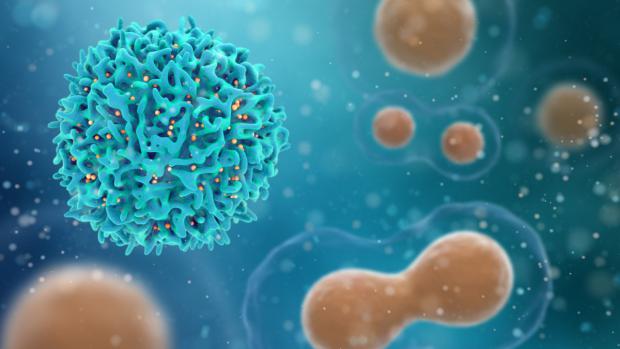
Breaking News
 Which party represents Americans?
Which party represents Americans?
 Even The Best AI Scenario Is The End Of Everything We've Ever Been
Even The Best AI Scenario Is The End Of Everything We've Ever Been
 In Simulated War Games, Top AI Models Recommended Using Nukes 95% Of The Time
In Simulated War Games, Top AI Models Recommended Using Nukes 95% Of The Time
 Rising Cancer Rates, the Globalist Agenda, and the Big Business Land Grab Making You Poor
Rising Cancer Rates, the Globalist Agenda, and the Big Business Land Grab Making You Poor
Top Tech News
 New Spray-on Powder Instantly Seals Life-Threatening Wounds in Battle or During Disasters
New Spray-on Powder Instantly Seals Life-Threatening Wounds in Battle or During Disasters
 AI-enhanced stethoscope excels at listening to our hearts
AI-enhanced stethoscope excels at listening to our hearts
 Flame-treated sunscreen keeps the zinc but cuts the smeary white look
Flame-treated sunscreen keeps the zinc but cuts the smeary white look
 Display hub adds three more screens powered through single USB port
Display hub adds three more screens powered through single USB port
 We Finally Know How Fast The Tesla Semi Will Charge: Very, Very Fast
We Finally Know How Fast The Tesla Semi Will Charge: Very, Very Fast
 Drone-launching underwater drone hitches a ride on ship and sub hulls
Drone-launching underwater drone hitches a ride on ship and sub hulls
 Humanoid Robots Get "Brains" As Dual-Use Fears Mount
Humanoid Robots Get "Brains" As Dual-Use Fears Mount
 SpaceX Authorized to Increase High Speed Internet Download Speeds 5X Through 2026
SpaceX Authorized to Increase High Speed Internet Download Speeds 5X Through 2026
 Space AI is the Key to the Technological Singularity
Space AI is the Key to the Technological Singularity
 Velocitor X-1 eVTOL could be beating the traffic in just a year
Velocitor X-1 eVTOL could be beating the traffic in just a year
Charged particles kill cancer by clogging up its waste disposal unit

One such avenue centers on cellular garbage disposal units known as lysosomes, which are particularly vulnerable in cancer cells as opposed to healthy ones. And perhaps even more so now, with scientists in South Korea finding they can deliver a fatal blow to cancer cells through a careful mix of charged nanoparticles.
Lysosomes are tiny sacs packed with enzymes and acids that degrade unwanted parts of the cell, before either recycling them or dumping them outside the cell walls, much like you'd take your trash out to the curb. Recent research has suggested lysosomes could play a role in Alzheimer's, where a dysfunctional disposal system can enable the buildup of toxic proteins in the brain.
Scientists at South Korea's Institute of Basic Science are working to instigate their own type of dysfunctional lysosomes, the reason being that a compromised lysosome that releases its trash inside the cell can cause that cell to die, which is obviously a good thing when we're talking about cancer cells.



